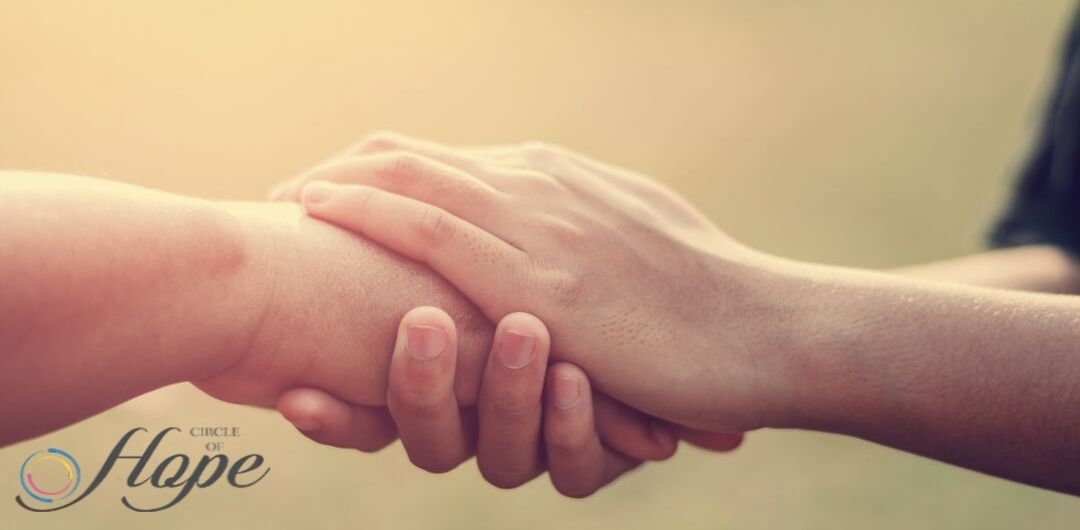Dealing with the death of a loved one is never easy and will bring up a lot of negative emotions. There are many different stages of grief, and trying to handle them alone can prove to be difficult, let alone dealing with grief in sobriety
When you’re an addict or an alcoholic, any negative emotion can cause us to revert back to old patterns of thinking and consider relapsing in order to numb our feelings. The good news is that because we are in recovery, we have learned other tools for coping with our emotions that will prevent a relapse from occurring.
What is Grief? … and Dealing with Grief in Sobriety
Grief occurs when you lose something or someone that you value. Typically, grief is what we go through when a loved one passes away, and it can stir up an array of intense feelings. There are 5 stages of grief that someone may go through after suffering an extreme loss:
Denial: When we lose someone important to us, it is common for us to be unable to believe or comprehend that they are really gone. We may feel numb or detached from the situation for a period of time because we initially aren’t sure how to deal with the emotions that are synonymous with such a huge loss.
Anger: When we finally pass through the stage of denial, the feelings of helplessness and frustration can begin to set in. It is common for us to internalize these feelings as anger towards the people around us, a higher power, and even the person who died as a sort of coping mechanism. Sometimes, anger can seem more comfortable for people than feelings of sadness because it offers us a sense of righteousness in the situation.
Bargaining: Some people may begin to start thinking about what they could have done to prevent the loss. This can bring up feelings of false responsibility and even cause people to try and bargain their own life with their higher power in order to bring their loved ones back.
Depression: Once the reality of the loss sets in, people begin to realize the absence of their loved ones; causing sadness, loneliness, and regret. This can cause a loss of appetite, a change in sleep patterns, and a lack of interest in daily activities.
Acceptance: This is the final stage of grief, and occurs once you have fully accepted the reality of your loss. It is normal to still feel sad, but you will be able to move on with your life in a healthy manner. Accepting that someone you love is gone can be extremely difficult, but it is vital in the healing process from grief.
How Can I Cope with Grief
Now that we understand what grief is and how it works, it is important to find tools that we can use in order to prevent going through a relapse. In recovery, we learn many coping strategies that help us deal with our emotions on a daily basis; these tools can also be helpful when going through the emotions that the death of a loved one may bring up.
Lean into your fellowship: Calling up one of your sober supports is always recommended as a first step in dealing with any issue you may come across in sobriety. This goes for the loss of a loved one as well. Almost everyone has dealt with grief in one form or another and can provide you with the emotional support you need.
Go to meetings: You may feel like isolating when dealing with the death of a loved one, so going to meetings may not be your first thought. Nonetheless, meetings will provide you with a needed distraction from the sadness and loneliness that grief can cause. Sometimes grief will make us want to get drunk or high and going to a meeting will remind you why you stopped using in the first place, allowing you to stay strong during a tough time.
Seek counseling: When you are having a hard time, it is always suggested to take every precaution in order to ensure your mental health and the state of your sobriety. Getting professional help from a therapist is one of the most effective ways to go through the grief process in a healthy manner, keeping you far away from a drink. While sometimes the love and support of our friends/family is enough, it is important to acknowledge when we need extra help.
Here at Circle of Hope there are therapists who specialize in grief counseling because of the fact of dealing with a loved one’s death is never easy, and having a medical professional to help you find healthy coping mechanisms is the most efficient way to get through the grieving process as painless as possible. Contact us without delay if you’d like to speak with someone about your grief, and don’t let it continue negatively impacting your recovery.

